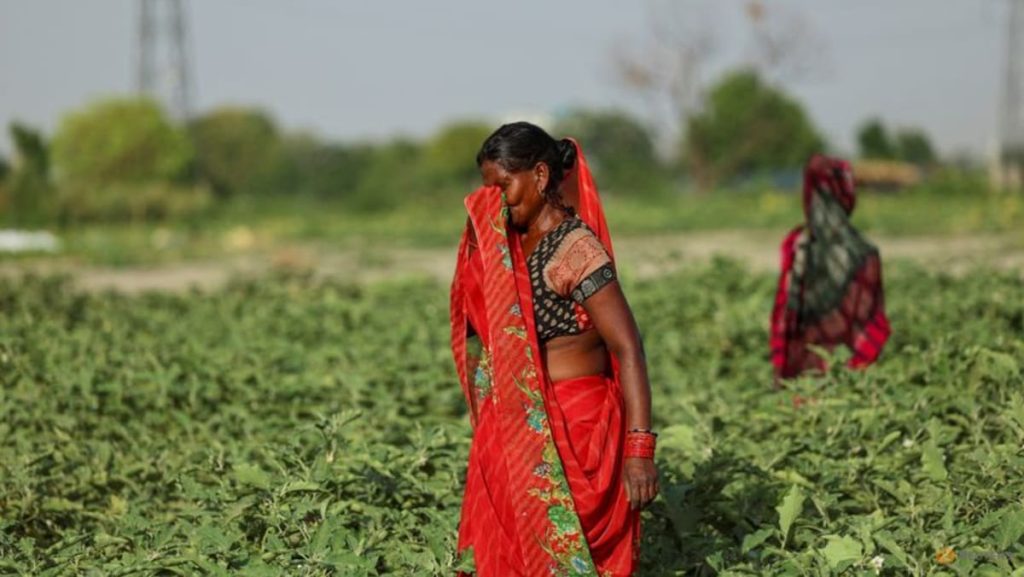In Delhi, where high temperatures have been causing birds and wild monkeys to faint or fall sick, the city zoo is taking measures to provide relief to its 1,200 occupants. The zoo has shifted to a summer management diet, which includes more liquid food such as seasonal fruits and vegetables that contain water. Sprinklers and pools are being used to help cool down the animals in the soaring temperatures, with the city expected to reach 43 degrees Celsius. This comes as Delhi faces an acute water shortage and recorded its first heat-related death this week.
Billions of people across Asia, including in neighbouring Pakistan, are also experiencing extremely high temperatures due to climate change. Pakistan has seen a spike in forest fires and temperatures that have reached as high as 52.2 degrees Celsius. India, as the world’s third-biggest greenhouse gas emitter, has set a target to become a net-zero emitter by 2070 in an effort to combat climate change. Extreme weather events such as heatwaves and heavy rainfall are becoming more frequent and severe as a result of human-driven climate change.
While some parts of India are experiencing extreme heat, the northeastern states of Manipur and Assam are facing heavy rainfall and flooding caused by Cyclone Remal. On the other hand, monsoon rains hit the coast of Kerala state in southern India two days earlier than expected, bringing relief to the region. The contrasting weather patterns across different regions of the country highlight the diverse impacts of climate change, from heatwaves to heavy rainfall and flooding.
The impact of climate change on wildlife is evident in Delhi as the zoo animals struggle in the extreme heat. By providing a summer management diet and using sprinklers and pools to keep the animals cool, the zoo is working to mitigate the effects of the heatwave on its residents. As temperatures continue to rise and extreme weather events become more frequent, it is crucial for countries like India to take action to reduce greenhouse gas emissions and combat climate change to protect both human populations and wildlife.
Efforts to address climate change must be concerted and global, with countries working together to reduce emissions and transition to sustainable energy sources. India’s commitment to becoming a net-zero emitter by 2070 is an important step in the right direction, but more needs to be done to address the immediate impacts of climate change. By implementing sustainable practices and investing in renewable energy, countries can reduce their greenhouse gas emissions and build resilience to the changing climate.
As extreme weather events become more common, it is essential for countries to adapt and mitigate the impacts of climate change on both human populations and wildlife. By taking measures to reduce emissions, conserve water, and protect natural habitats, countries can work towards a more sustainable future for all. The effects of climate change are already being felt across Asia and around the world, making it imperative for countries to take action now to protect the planet for future generations.













